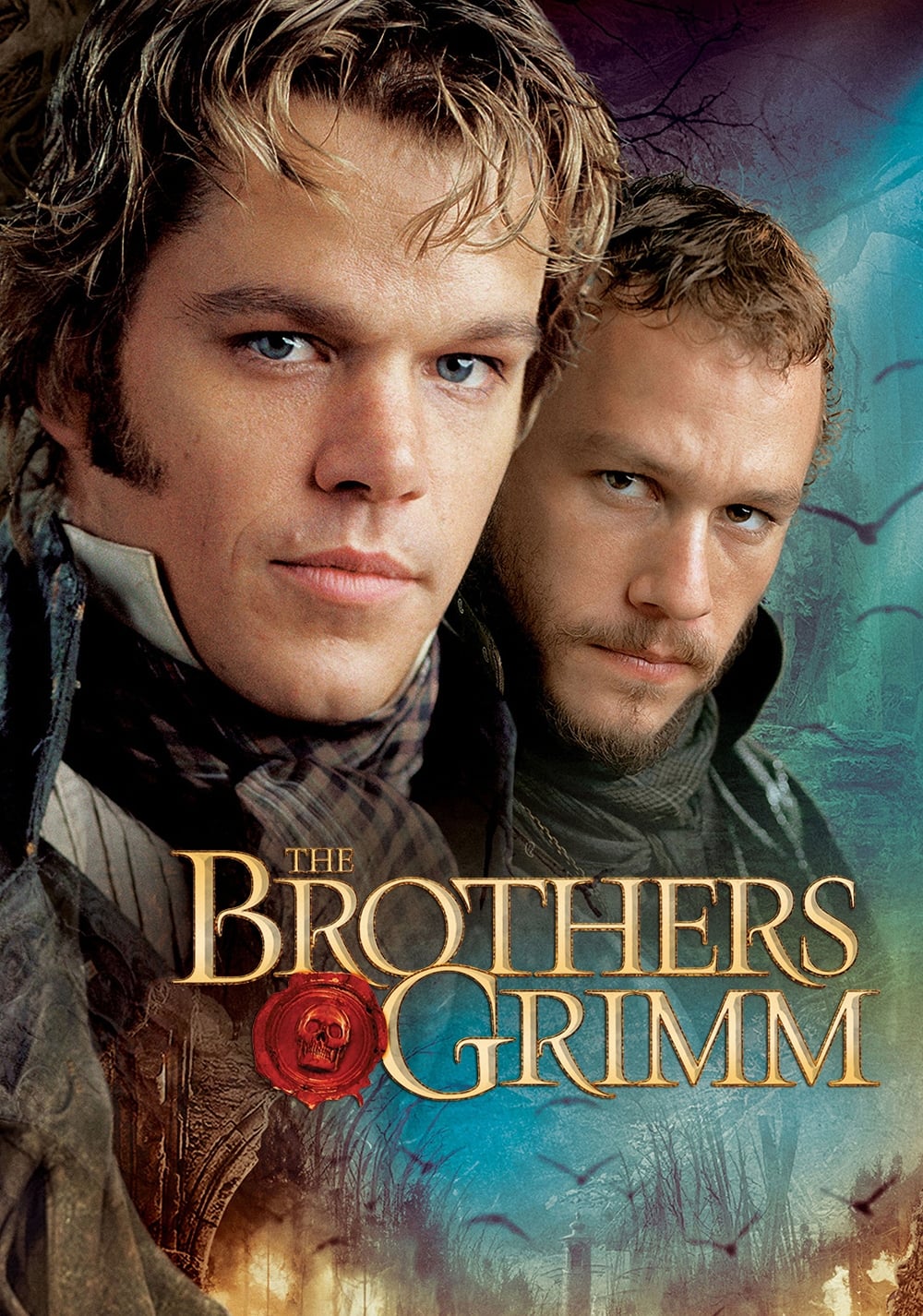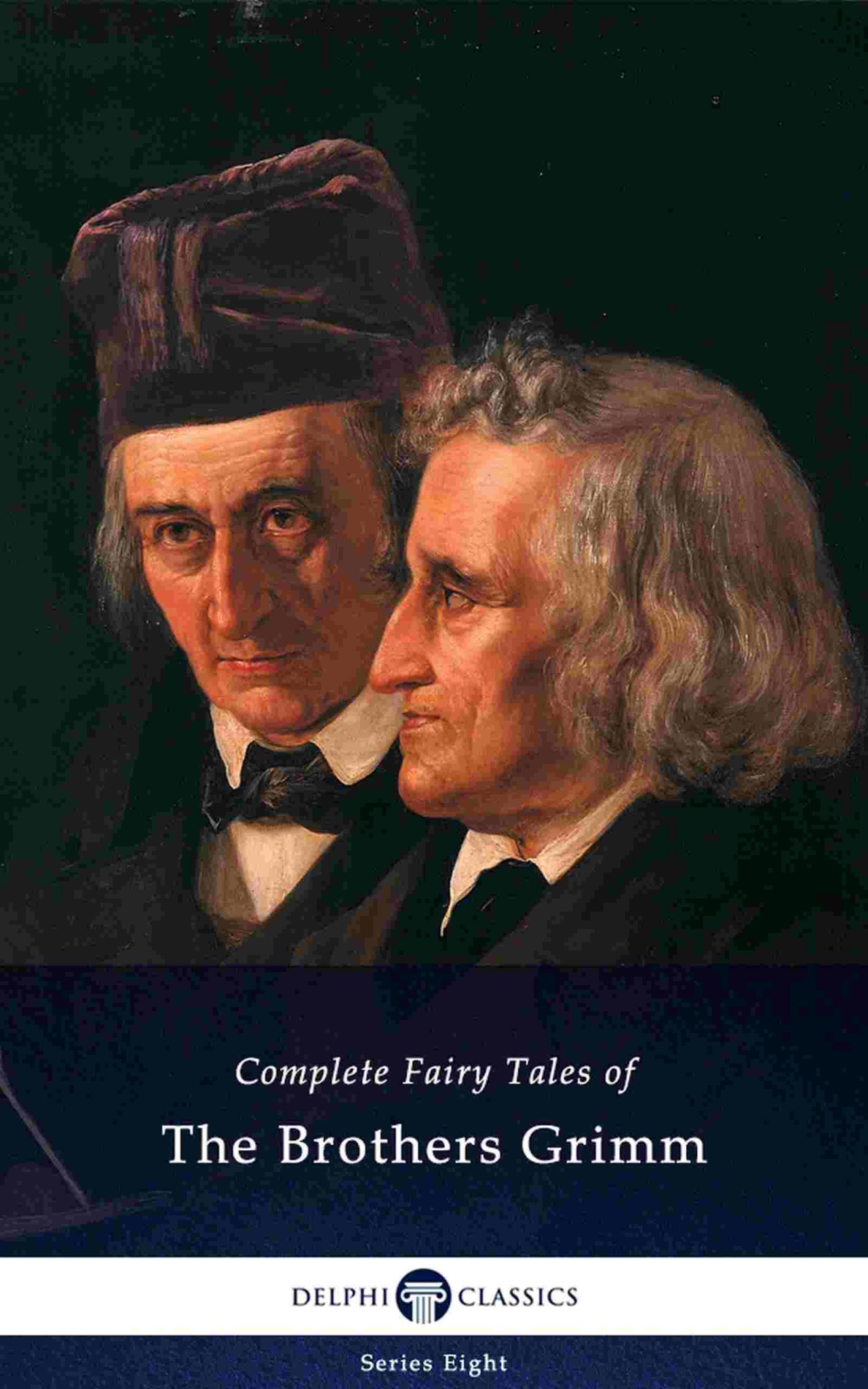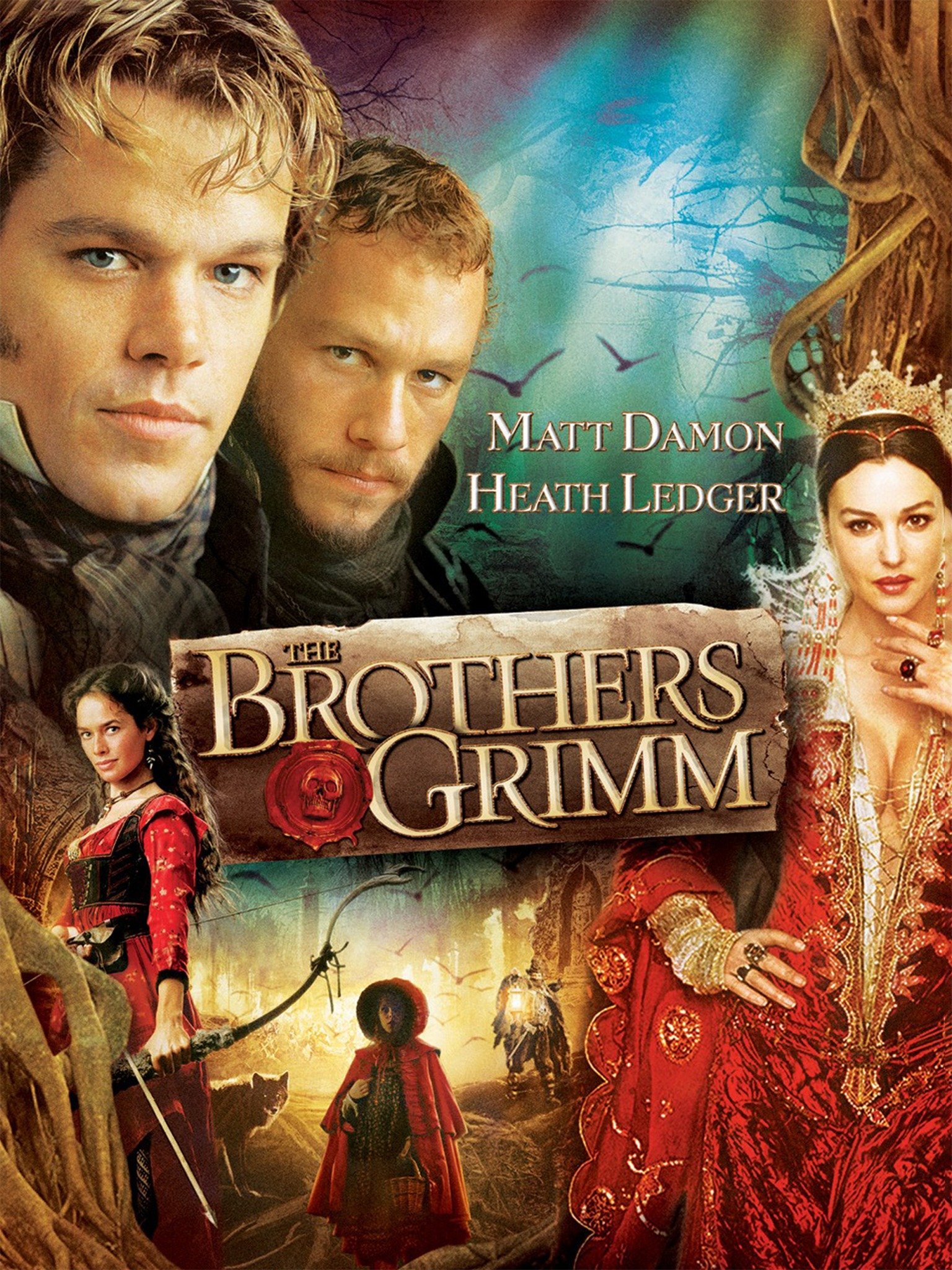Have you ever stopped to wonder about the people behind those timeless stories, the ones that perhaps filled your childhood with wonder and a touch of gentle fright? Well, you know, we're talking about the famous brothers grimm, Jacob and Wilhelm. These German academics, in a way, gave us some of the most popular fairy tales ever told, stories that have truly shaped our collective imagination. Their work, you see, goes far beyond just bedtime tales; it's a deep dive into the very fabric of human storytelling.
It's interesting, really, to consider how their efforts were a bit unlike what came before. They weren't just making up new stories; instead, they were, in fact, gathering old ones. They had a special way of presenting these stories, aiming to keep them as true as possible to the oral traditions they found. This approach, quite honestly, set them apart and gave their collections a unique, lasting appeal.
So, as we explore their incredible journey, we'll look at who these brothers were, what drove them to collect these tales, and how their work still speaks to us today. We'll also, in some respects, touch upon their other important contributions that often get overlooked. It's a fascinating look at two individuals who, you know, left an indelible mark on culture.
Table of Contents
- Their Early Lives and Academic Pursuits
- The Quest for German Folklore
- The Unique Approach to Storytelling
- Beyond the Fairy Tales: Their Philological Work
- Personal Details and Biography
- The Lasting Impact of Their Collections
- Common Questions About the Brothers Grimm
- Exploring Their World Today
Their Early Lives and Academic Pursuits
Jacob and Wilhelm Grimm, you see, were born in Hanau, a city in Germany. Their father, it seems, held a position that involved a good deal of public service, which perhaps influenced their later academic leanings. They were, in essence, quite serious scholars from a young age, drawn to the world of words and history. This early interest, you know, really laid the groundwork for their later, very famous achievements.
Both brothers, Jacob especially, had a strong inclination towards philology, which is, basically, the study of language in historical and cultural context. They were, in fact, keen on understanding the development of the German language and its rich oral traditions. This academic path, therefore, was not just a hobby; it was, quite literally, their life's calling, and it's what ultimately led them to their most celebrated work.
It's pretty amazing, actually, how they combined their scholarly interests with a genuine passion for the stories of everyday people. They understood that these tales, often passed down by word of mouth, held important clues about a culture's history and values. This deep respect for oral traditions, you know, really set them apart from other collectors of their time.
The Quest for German Folklore
The brothers grimm were, in a way, pioneers in the systematic collection of German folklore. They didn't just stumble upon these stories; they actively sought them out, traveling and interviewing people from various walks of life. This dedication to gathering direct folkloric materials was, you know, quite revolutionary for their time, and it truly distinguished their work.
Their goal was, quite simply, to preserve these tales before they vanished, as things often do with time. They believed these stories were a vital part of Germany's cultural heritage, a reflection of its soul, if you will. This commitment to preservation, you know, is a big part of why their collection became so important, so enduring.
It's interesting to consider, too, that they weren't just collecting for academic reasons. There was, apparently, a deep love for these narratives themselves. They recognized the inherent wisdom and charm in these simple, often magical, tales. Their efforts, therefore, were a blend of rigorous scholarship and, really, a heartfelt appreciation for the art of storytelling.
The Unique Approach to Storytelling
What truly made the brothers grimm stand out was their specific method of presenting these collected stories. They were, in fact, the first creators in this particular genre to present their stories as faithful renditions of direct folkloric materials. They made a conscious choice not to try and make them seem more sophisticated or polished than they were, which was a common practice back then.
This commitment to authenticity meant they often kept the rough edges, the sometimes dark or unsettling elements, that were part of the original oral tales. They believed that altering the stories too much would diminish their true essence and historical value. So, you know, when you read a Grimm's fairy tale, you're getting something very close to what people actually told each other centuries ago.
This approach, arguably, gave their collection a raw power that continues to resonate with readers. It's why stories like "Hansel and Gretel" or "Little Red-Cap" (often called Little Red Riding Hood) feel so primal and, in some respects, deeply human. They weren't just telling stories; they were, quite literally, archiving a cultural voice, and that's pretty remarkable.
Beyond the Fairy Tales: Their Philological Work
While the brothers grimm are most famous for their fairy tales, it's important to remember that their primary academic pursuits were in philology. They were, in fact, eminent German philologists and folklorists, deeply involved in the study of language. Their work extended far beyond just collecting stories, you know, into the very structure and history of words themselves.
Jacob Grimm, in particular, made significant contributions to the study of linguistics, including what's known as Grimm's Law, which describes certain sound shifts in Germanic languages. This was a very serious academic endeavor, you see, showcasing their deep scholarly abilities. They were, basically, foundational figures in the development of German studies.
They even started work on a massive German dictionary, a project that, quite honestly, was monumental in scope. This dictionary was meant to document the entire German language, its history, and its evolution. It's a testament to their dedication that they undertook such a vast and ambitious project, proving they were, in fact, scholars of incredible depth and commitment.
Personal Details and Biography
Here's a quick look at the lives of these two influential brothers:
| Names | Jacob Ludwig Karl Grimm and Wilhelm Carl Grimm |
| Born | Jacob: January 4, 1785, Hanau, Germany Wilhelm: February 24, 1786, Hanau, Germany |
| Died | Wilhelm: December 16, 1859, Berlin, Germany Jacob: September 20, 1863, Berlin, Germany |
| Nationality | German |
| Known For | Collecting and publishing "Grimm's Fairy Tales" (Children's and Household Tales), contributions to German philology and linguistics. |
| Professions | Philologists, Folklorists, Linguists, Academics |
It's interesting to note that, as a matter of fact, both men passed away before Otto von Bismarck unified Germany in 1871. This means they lived through a time when Germany was a collection of smaller states, which, you know, perhaps fueled their desire to define a common German cultural identity through language and stories.
The Lasting Impact of Their Collections
The collection of stories, famously called "Grimm’s Fairy Tales," has, quite simply, become a cornerstone of children's literature worldwide. These tales, you know, have been translated into countless languages and adapted into movies, plays, and other forms of media. Their influence is, frankly, undeniable, shaping how generations perceive magic, morality, and adventure.
The impact of the brothers grimm goes beyond just entertainment, though. Their work sparked a wider interest in folklore studies and the preservation of oral traditions across different cultures. They showed the world the immense value in these seemingly simple stories, proving they were, in fact, rich sources of cultural insight and historical understanding.
You can, in a way, see their legacy in how we think about storytelling itself. They taught us that the oldest tales often carry the deepest truths, truths that, perhaps, resonate across time and place. Their tales are, quite literally, a shared heritage, a common thread that connects people globally, and that's pretty powerful, you know.
Common Questions About the Brothers Grimm
Were the Brothers Grimm really German?
Yes, absolutely, the brothers grimm, Jakob and Wilhelm, were indeed German. They were born in Hanau, a city in what is now Germany, and their entire academic and collecting career was, you know, focused on German language and folklore. Their work is, in fact, deeply intertwined with German cultural identity.
What kind of stories did the Brothers Grimm collect?
They collected a wide variety of traditional German folk tales and oral traditions. These stories often featured familiar elements like princesses, princes, talking animals, witches, and magical creatures. They were, basically, tales passed down through generations, reflecting the beliefs and experiences of ordinary people, and that's what makes them so special, you know.
Did the Brothers Grimm write their own fairy tales?
No, not in the sense of creating them from scratch. The brothers grimm were primarily collectors and editors. They gathered existing oral stories from various sources, sometimes combining different versions, and then wrote them down. Their genius was, in fact, in their meticulous collection and their decision to present these stories in a way that preserved their original spirit, which is, quite honestly, a big deal.
Exploring Their World Today
The enduring appeal of the brothers grimm means their stories continue to be a source of inspiration and enjoyment. You can find their tales in countless editions, from beautifully illustrated children's books to scholarly analyses. There are, for instance, many ways to experience their world, whether through reading or watching adaptations.
If you're curious to learn more about their lives and work, you know, there are biographies available, like the one written by UW alumna and UC Boulder professor Ann Schmiesing. Such resources can, in fact, give you a deeper appreciation for their incredible contributions to literature and linguistics. It's a way to connect with their legacy beyond just the stories themselves.
Their collections, which are, quite literally, foundational texts, invite us to consider the rich history of storytelling and its role in shaping who we are. So, perhaps, next time you encounter a classic fairy tale, you'll remember the dedication of these two German scholars who, in a way, gave these timeless narratives a permanent home. You can learn more about their influence on our site, and also explore this page for related content.
For more detailed academic insights into their philological work, you might want to check out resources like the Britannica article on the Brothers Grimm, which, you know, offers a very comprehensive overview of their scholarly achievements. It's a great way to deepen your appreciation for their full body of work.



Detail Author:
- Name : Omer Wilkinson
- Username : ian.schuster
- Email : sgottlieb@gmail.com
- Birthdate : 1993-11-18
- Address : 6675 Lilyan Points Suite 475 Stromanborough, TX 83083
- Phone : +13127937491
- Company : Harris-Thompson
- Job : Glazier
- Bio : Reiciendis quia illo provident voluptates. Dolorem nemo est qui non qui minus. Et repellendus sed distinctio ut. Nostrum excepturi quidem est odio quos tempore optio.
Socials
instagram:
- url : https://instagram.com/maybell_huel
- username : maybell_huel
- bio : Est dolores nemo laudantium non culpa ex. Voluptas aut quam vel officiis deleniti dolorem quos.
- followers : 6399
- following : 2801
twitter:
- url : https://twitter.com/huel2023
- username : huel2023
- bio : Fugiat rerum exercitationem eos. Quaerat nihil recusandae id deleniti modi. Quia odit exercitationem et qui consequatur molestias.
- followers : 4669
- following : 1029
tiktok:
- url : https://tiktok.com/@huelm
- username : huelm
- bio : Magni enim dicta qui ullam laudantium.
- followers : 5687
- following : 2010
facebook:
- url : https://facebook.com/maybell.huel
- username : maybell.huel
- bio : Aperiam similique quas minima enim odio aperiam.
- followers : 3455
- following : 2594
linkedin:
- url : https://linkedin.com/in/maybellhuel
- username : maybellhuel
- bio : Omnis eos dolorem id velit deleniti.
- followers : 6221
- following : 1530

